
GLYCERIN in Cosmetics Good or Bad? In cosmetics, Skin, Glycerin
Glycerin is a colorless and smell-less liquid that can be obtained from lard, tallow and usually from other more caustic sources. Glycerin has a sweet flavor or taste. Glycerin is syrup-like, oily, and remains a fluid. Glycerin is also a main by-product from biodiesel production. The name comes from the Greek word glykys meaning sweet.
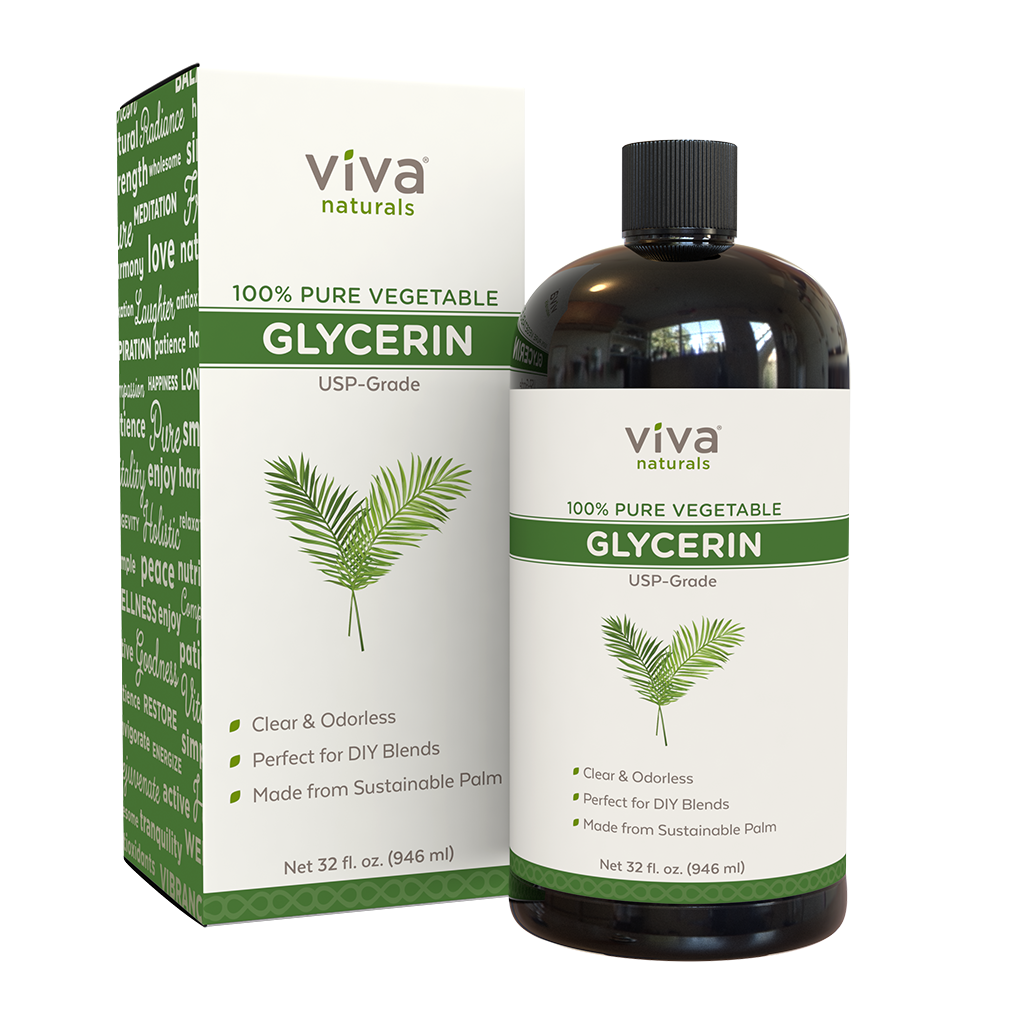
Outlet MundiHealth
1. Binder: Glycerin helps bind all the ingredients in toothpaste together, ensuring a consistent texture and preventing the components from separating. It contributes to the overall stability of the toothpaste formula. 2. Humectant: Glycerin acts as a humectant, which means it helps retain moisture in the toothpaste.
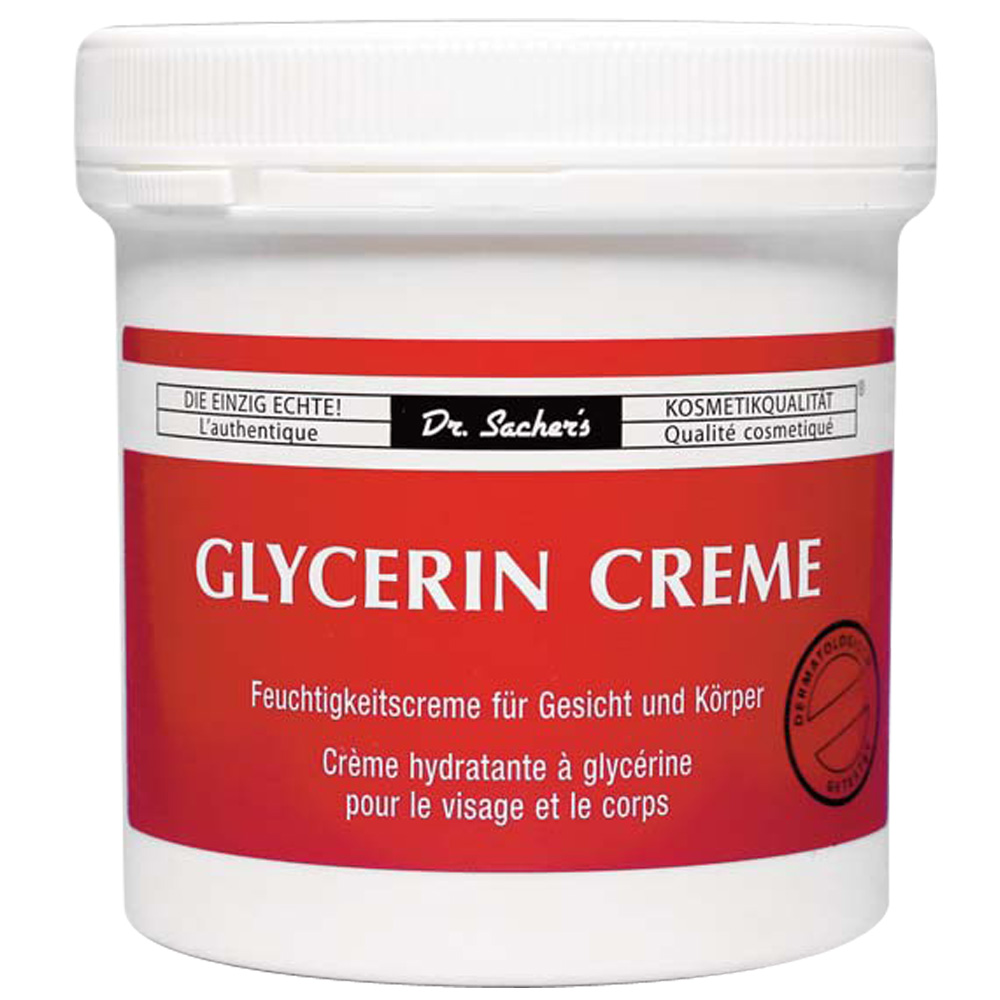
Where To Buy Glycerin Heritage Products Vegetable Glycerin, 4 ounces / Decorating by ruth0304
Here is the short answer: Glycerin's solubility factor is actually quite high, and it does not seal your teeth off from all the important ingredients in saliva. Unfortunately, there is a current of misinformation surrounding glycerin, amplified especially by social media.
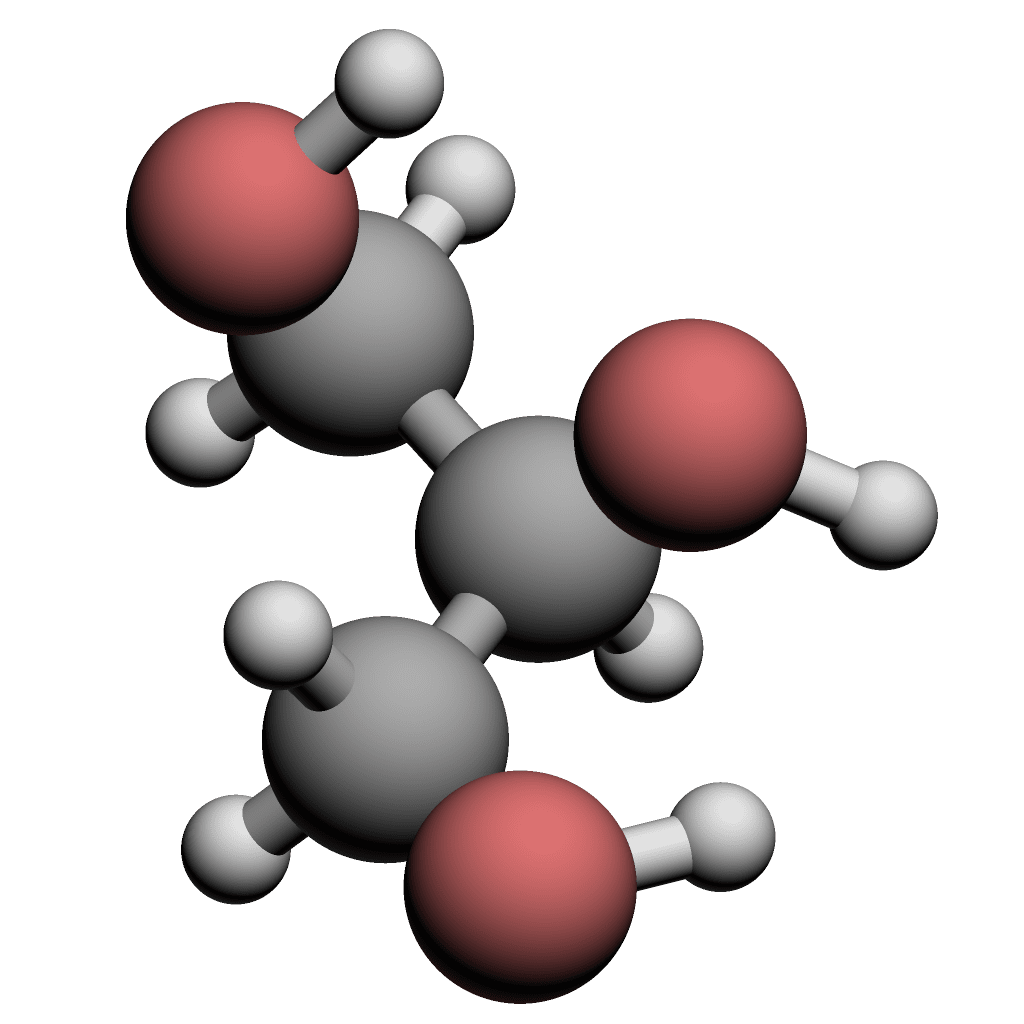
Glycerin Skincare ingredient Skin care products
The idea that glycerin can coat teeth and consequently prevent saliva from touching and remineralizing enamel seems to have originated from one source: Dr. Gerard F Judd Ph.D. In 1997, Dr. Judd self-published a book called ' Good Teeth Birth To Death '.

होठों पर ग्लिसरीन लगाने से क्या होता है जरूर जाने Benefits of Using Glycerin for Lips YouTube
Apr 18, 2023 Is glycerin bad for teeth? No, glycerin is not inherently bad for teeth. Widely found in personal care products, glycerin is anti-microbial and included in toothpaste as a safe and affordable preservative. At the same time, glycerin functions like an occlusive and may leave a film on your teeth.

Pin on Baby baby
Glycerin is a natural humectant, which helps to draw water out of the air and into the enamel of the tooth, helping to keep it hydrated and strong. Additionally, glycerin also has antibacterial properties that help reduce plaque buildup on teeth and prevent tooth decay. What is Glycerin?

Great Benefits Of Glycerin For Oily Skin Oily skin, Skin, Skin benefits
Glycerine, (COH)3H5, or C303H8, is a 3-carbon alcohol, aka glycerol. (1-carbon alcohol is methanol, 2-carbon is ethanol). It is non-volatile and intensely hygroscopic (water-loving), and can be rinsed off any surface with ordinary water. It has recently been found to hasten cell maturation and suppress inflammation.
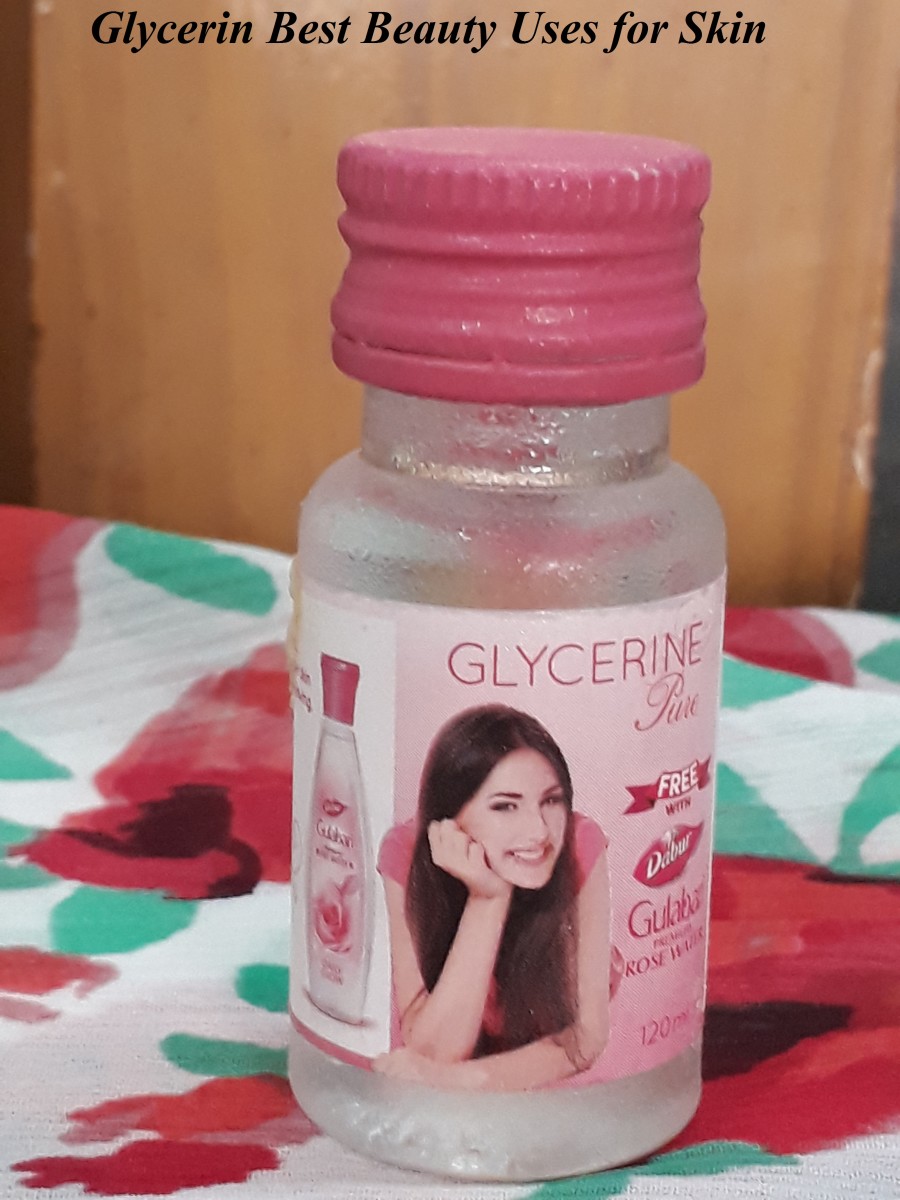
5 Best and Quick Glycerin Beauty Uses for Face and Hair HubPages
Yikes. As if there aren't enough problems in our lives already, now we have to worry about glycerin too? This is surely one hard pill (better say, a blob of toothpaste) to swallow, since glycerin is part of most toothpastes, be it natural or traditional.

Vegetable Glycerin FLALAB CHEMICALS AND TEETH WHITENING PRODUCTS
As a humectant, glycerin works to preserve moisture in order to prevent products from drying out. Hence it is used in toothpaste to create that smooth texture most people are so fond of. The problem with glycerin though is that it leaves a coating on the teeth that according to Dr. Gerard Judd, Ph. D, "takes 27 washes to get it off".
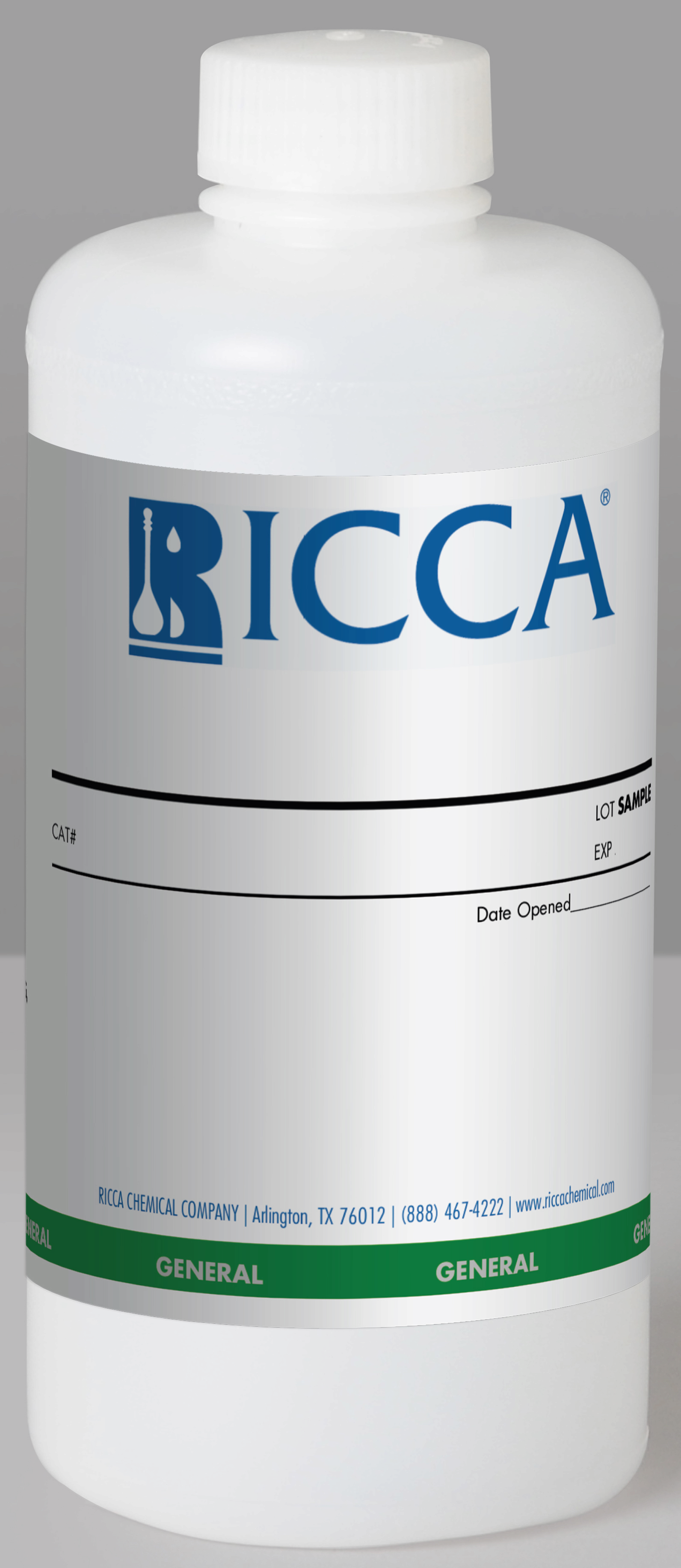
50.00 (v/v) Aqueous Glycerin Solution, 1 L, Ricca 329032 New Laboratory Setup Savings up to
Sensitivity. Glycerin causes teeth sensitivity if you're already sensitive or if you use a high-alcohol or abrasive toothpaste that contains glycerin. The drying effect of glycerin can make your mouth feel drier than normal and result in gum recession or receding gums when used over time with regular brushing habits. Bad breath (or halitosis).

What's the deal with Glycerine? Why we avoid it. Into The Wylde
How does glycerin affect your teeth? In general, glycerin can affect your teeth in two ways: Glycerin can disrupt the pH levels in your mouth, allowing harmful bacteria to grow. This can lead to cavities, gingivitis, and other oral health issues. Like other sugary foods, glycerin can increase your risk of tooth decay.

How to Apply Glycerin on Face (Hindi) YouTube
Glycerin is water-soluble and is easily removed by the saliva if it was left on the teeth. The gentle abrasives within toothpaste which are designed to be there to assist with removing plaque, plus the act of brushing would remove any glycerin from the surface of the teeth if this were true.

Pin on TAKE CARE
Glycerin is a safe, non-toxic ingredient in toothpaste that benefits oral health. Organic certified glycerin would ensure it's not petroleum-derived and would come from non-GMO organic oil. Don't believe the myth that glycerin is harmful to teeth. No matter how long it's been circulating, it's just not true.

Glycerin Soap 120Gram
Large amounts of glycerine have also been known to cause side effects such as abdominal cramps, diarrhoea, bloating and even rectal pain. Water is just as effective for cleaning an infant's new teeth and general mouth area and has no negative side effects.

Glycerin Platinum Photography Developing Agent TALAS
Evidence That Glycerin Is Actually GOOD for Your Teeth Is Sorbitol Better for Toothpaste Than Glycerin? Benefits of Glycerin in Toothpaste Makes It Taste Better Prevents Toothpaste From Hardening (Becoming Cement) It's Bacteriostatic (Kills Bad Bugs) Reduces the Need for a Preservative Natural Remineralizing Tooth Products I Love Conclusion

Toothpaste Without Glycerin Can Glycerin Affect Your Teeth?
Helps The Toothpaste Adhere To Your Teeth . Glycerin also helps the toothpaste adhere to your teeth and gums while you are brushing your teeth. This allows the active ingredients, e.g., hydroxyapatite, to work effectively on your teeth and help prevent tooth decay or gum disease. In addition, glycerin in toothpaste provides a lubricating effect.